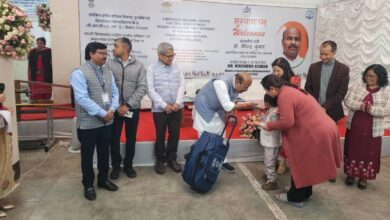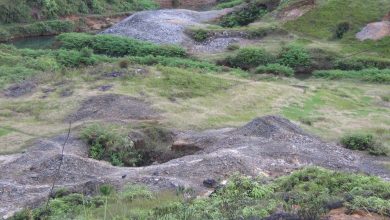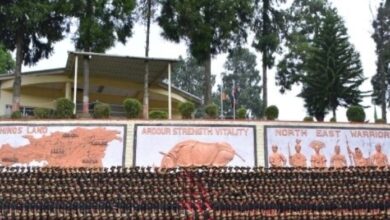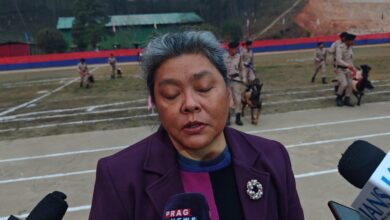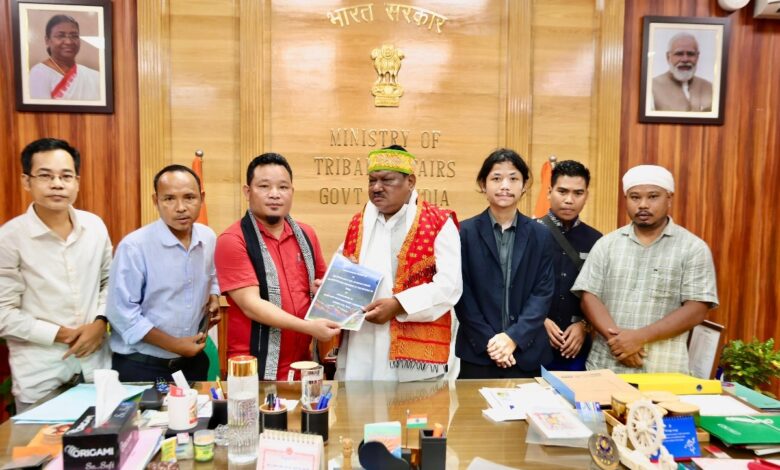
Shillong, Aug 19: A delegation of the Garoland State Movement Committee (GSMC) met Union Tribal Affairs Minister Jula Oram in New Delhi and demanded statehood for Garos.
In a statement issued on Tuesday, Tony Balsam Ch Marak, Assistant General Secretary, Garoland State Movement Committee (GSMC), HQ Tura, who was also part of the delegation, said other members present were Acting Chairman Balkarin Ch. Marak, along with Chevibirth Koknal (Publicity Secretary), Amresh Ch. Marak (Executive Member) and Jason Tekrang (Organising Secretary)
During the meeting, the committee submitted a memorandum seeking the creation of a separate state of Garoland under Article 3 of the Constitution of India, which empowers Parliament to form new States and reorganize existing State boundaries.
The memorandum emphasized that the demand for Garoland is historic and longstanding, dating back to 1895, when Late Matgrik Sonaram R. Sangma, a patriotic Garo leader, first raised the cause for a separate homeland during the British regime, well before India’s Independence movement under Mahatma Gandhi. The cause was later carried forward by Late Mody K. Marak and Late Emonsing M. Sangma, who sought the unification of Garo-inhabited areas in Assam (Goalpara and Kamrup) and the Mymensingh region (now in Bangladesh) within the Indian Union.
In addition to the demand for statehood, the memorandum highlighted several pressing issues requiring urgent redressal:
Salary crisis in GHADC: Salaries of employees of the Garo Hills Autonomous District Council (GHADC) have not been paid for 43 months, causing severe hardship and crippling the Council’s ability to discharge its constitutional duties under the Sixth Schedule.
Infrastructural requirements:
Construction of a GHADC MDCs’ Session Hall to facilitate effective legislative functioning, and construction of a GHADC Administrative Complex to house the Council’s administrative machinery.
Cultural Recognition: Grant of National Festival Status to the Wangala Festival, to ensure annual nationwide recognition of the traditional harvest festival of the Garo people.
Preservation of Traditional Institutions: Construction of Nokpantes (Bachelor’s Dormitories) for each of the twelve Garo sub-tribes, to preserve and promote this historic and culturally significant institution.
The union minister assured the committee that the matters raised would be carefully examined and considered by constitutional provisions and due procedure.


